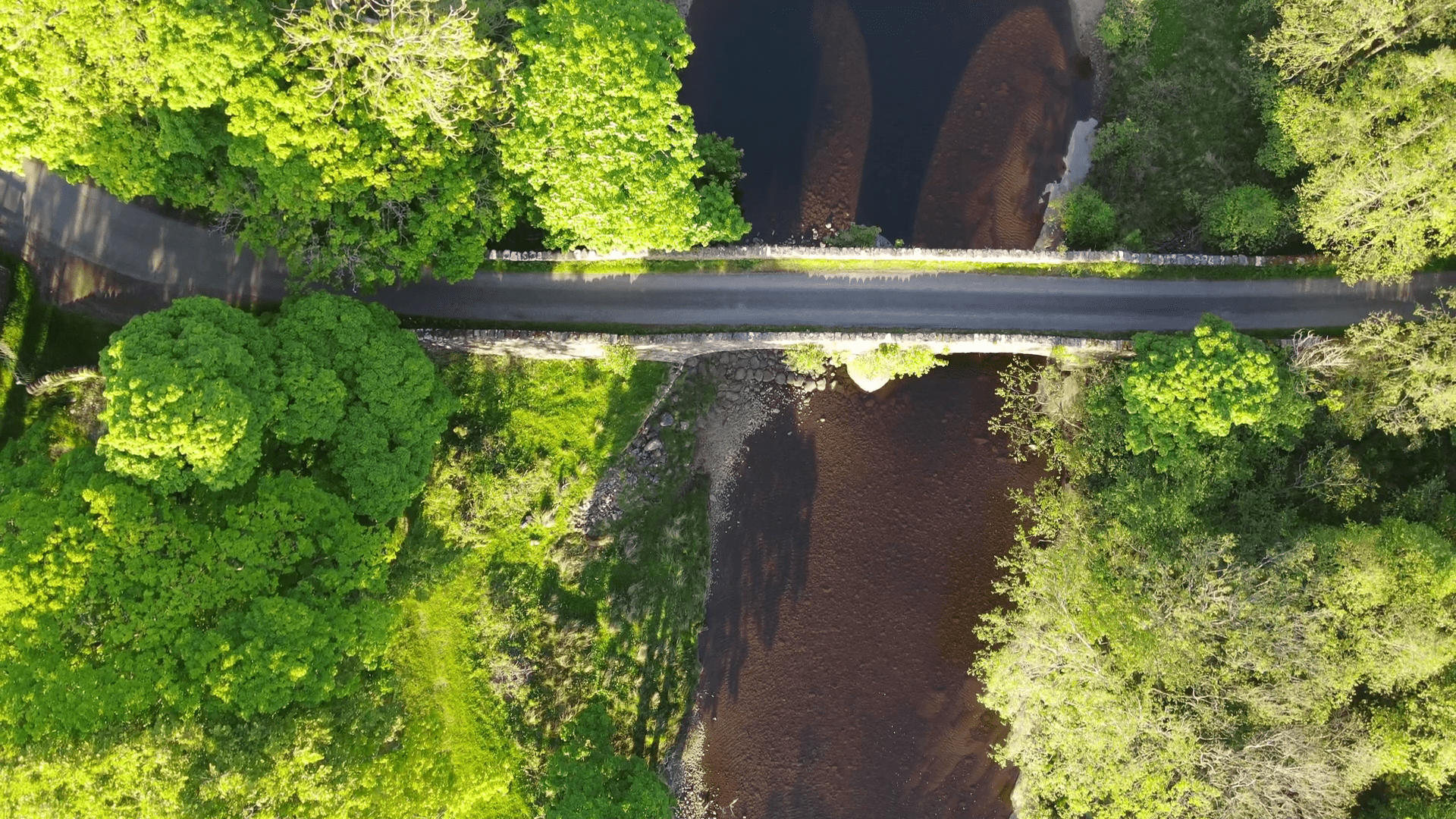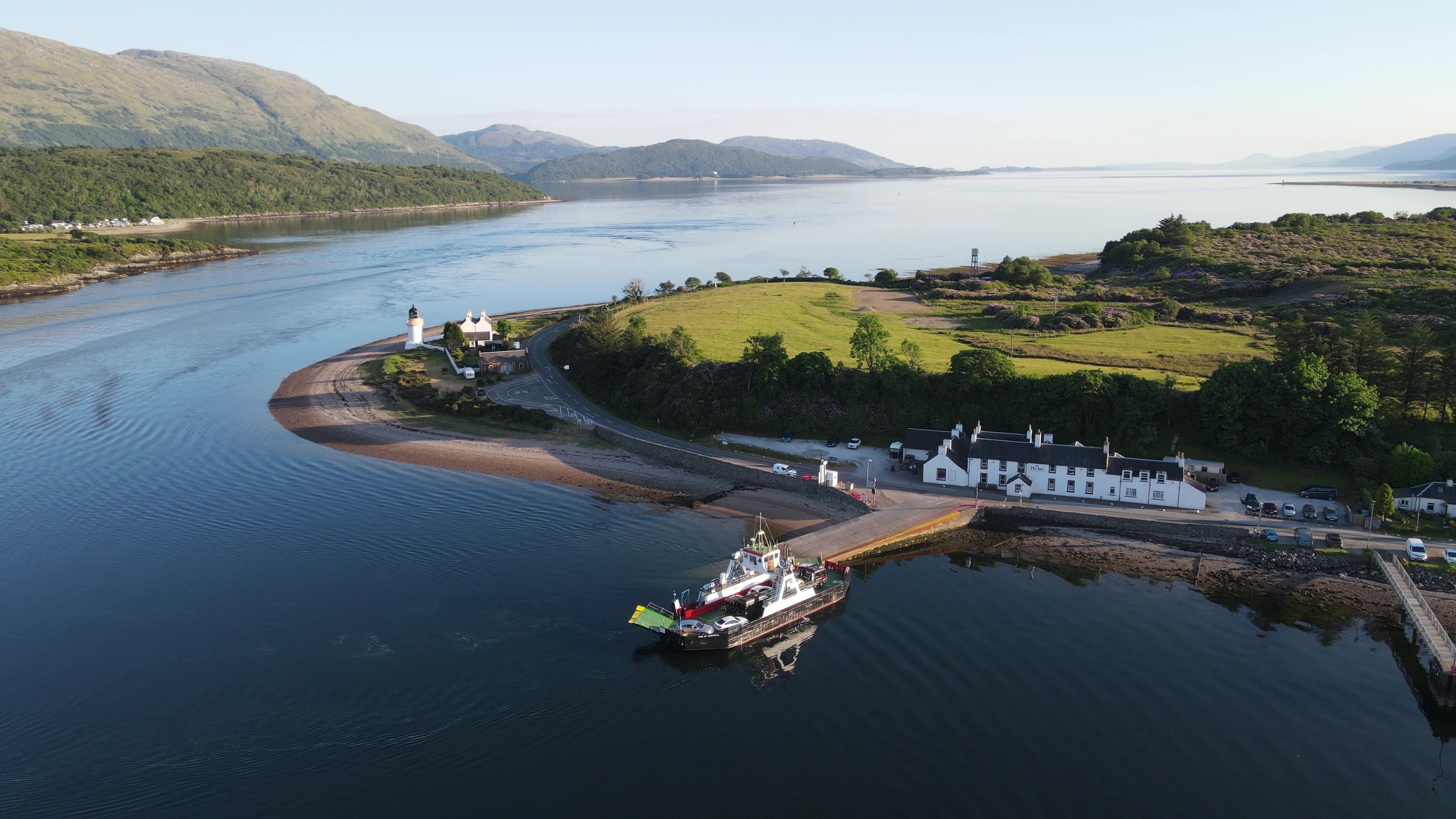Blog I From Overtourism to Regeneration: Rethinking the Impact of Tourism on Communities
While the theme for World Tourism Day 2024, tourism and peace, initially draws you towards war torn countries, cultural differences and disagreements, and how cultural learning and sharing could build bridges it also could reflect conflict from tourism itself.
Protests against overtourism and the problems it brings to Spain have made international headlines, and colleagues in Finland have told us of anti-Airbnb demonstrations in Rovaniemi. In Scotland you don’t have to look far online to find similar tensions between visitors and host communities with many dedicated Facebook groups shining a spotlight on ‘bad’ tourist behaviour, or discussions on traffic congestion or contested housing issues. There are increasing signs that communities are no longer satisfied with an extractive tourism industry, with the ill effects of overtourism, deterioration in traditional cultures and heritage and seemingly unrestrained tourism development impacting local lives.
However, tourism is a major employer and source of economic growth and opportunity. In the Highlands the accommodation and food services industry accounts for 9.1% of the economy and in Lochaber, which has recognised overtourism hotspots, it is the largest industry, with 16.4%. Discussions on social media often reference the economic benefits that visitors bring as a justification for tourism. And certainly, the traditional measures of tourism success are benchmarked in the number of tourists, number of bed-nights or visitor expenditure. But many would ask where is the limit? Availability of workers to service peak tourism times has become so challenging that the Mull and Iona Community Trust is having to build houses specifically to house workers.
In response to growing tensions many new initiatives are being introduced such as increased council tax levels for second homes, short-term letting licences, and visitor levies. However, could the act of tourism itself hold some of the solutions? Fostering cultural learning and creating respect for, and connection to, place. Giving back to the host community and utilising the power of tourism and the and resources it can provide to make things better.
This is the concept behind regenerative tourism. A fresh approach based on the understanding that tourism is about more than money, and that the visitor economy in general is not an industrial production line but a living, networked ecosystem. A concept that the Centre for Recreation and Tourism Research, based in the West Highland campus of UHI North, West and Hebrides, has been developing and encouraging for a number of years.
Within this ecosystem a regenerative approach seeks to rebalance the flow and spread of tourism away from overcrowded places to destinations that would benefit from tourism development and support, and to encourage people to embrace local culture, to ‘dwell’ in a place and become, in essence, a ‘temporary local’ (as championed by Scottish Community Tourism (SCOTO)). Or that tourism can work alongside host communities and that services for tourism don’t have to be mutually exclusive.
If the tourism industry was to embrace measures of success which placed, for example, high levels of sustainable local employment, balanced housing provision, or net positive environmental initiatives equally alongside the traditional economic growth measures. If tourists broke free of the growing dominant holiday narrative of Instagramable hotspots and must-see multi-location trips to embrace slow tourism, connection to and respect for place. Then perhaps our tourism practices could contribute, in some small way, to conflict resolution, reconciliation and greater harmony at a local level, on a global scale.
Kendra Turnbull, Project Officer for the UHI Centre for Recreation and Tourism Research:
Our programmes, from undergraduate to doctoral level, are delivered by committed and passionate lecturers who are specialists in their field. Find out more about studying with us.

